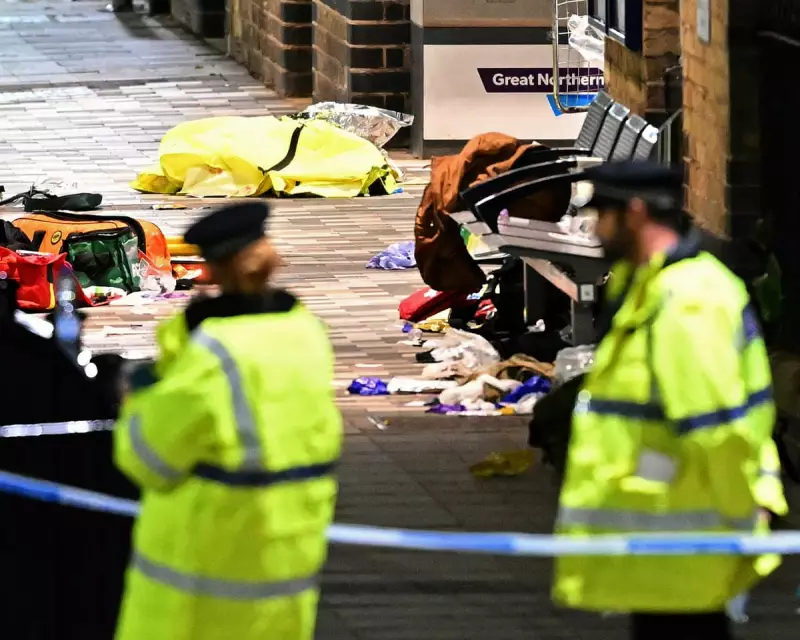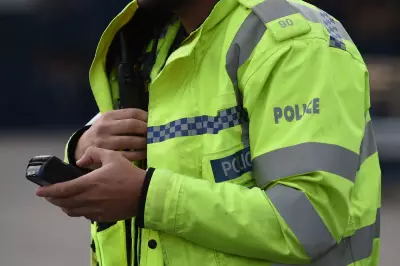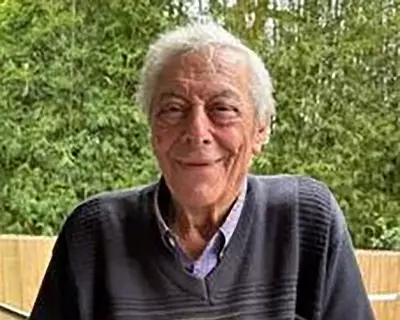
More than fifty racial justice campaign groups have issued a stark warning, stating that a police policy of revealing the ethnicity and nationality of suspects in high-profile crimes is having a "devastating effect" and actively spreading prejudice across England and Wales.
A Coalition for Change
The Runnymede Trust, alongside fifty other organisations, has sent a formal letter to the home secretary and police chiefs demanding the immediate scrapping of the guidance. Introduced in August by the College of Policing and the National Police Chiefs' Council, the policy was intended to counter misinformation, particularly from far-right sources. However, the coalition argues it has backfired spectacularly.
Their research reveals that since the policy change, the term "asylum seeker" has appeared in articles on serious crime five times more frequently than it did in 2023. The letter states that this practice is creating a harmful public impression that falsely conflates criminality with ethnicity or migration status, thereby tearing at the fabric of society.
The Unintended Consequences
The policy shift was partly a response to incidents like the 2024 Southport attack, where far-right social media accounts falsely claimed the perpetrator was an asylum seeker. Police clarified the attacker was a British national, which then fuelled accusations of "two-tier policing." Critics alleged that police were only releasing ethnicity details when suspects were not asylum seekers.
In practice, campaigners say the guidance has become a catalyst for crime reporting reminiscent of the 1970s and 80s. "Increasingly, a suspect’s ethnicity or country of origin appears to be treated as more important than the crime itself," the letter argues, fostering a dangerous and misleading link between race, migration, and criminality.
A Recent Case in Point
The groups point to a recent mass stabbing on a train as a clear example of the policy's flaws. In that case, the British Transport Police (BTP) publicly disclosed that two arrested men were black. One was later charged, and the other released without charge, but their racial details dominated hours of news coverage.
Shabna Begum, director of the Runnymede Trust, questioned the priorities, asking, "Why was the number of weapons used not put out by the police, which is directly relevant to the crime, more so than the ethnicity and race of the suspects?" A BTP spokesperson stated that the weapons details were released later and that the ethnicity was disclosed "in the interests of transparency and to alleviate the spread of damaging misinformation."
The call to revoke the policy is supported by a wide range of influential bodies, including Amnesty International UK, Liberty, the Muslim Council of Britain, and the chair of the Independent Scrutiny & Oversight Board for police.






